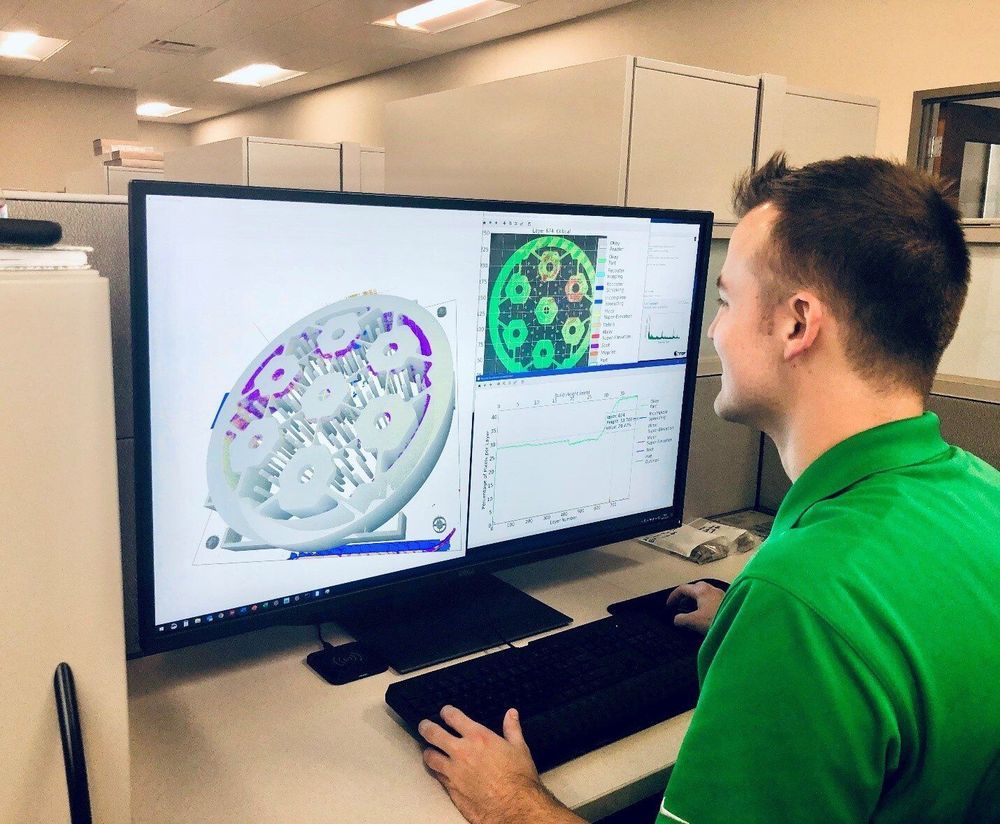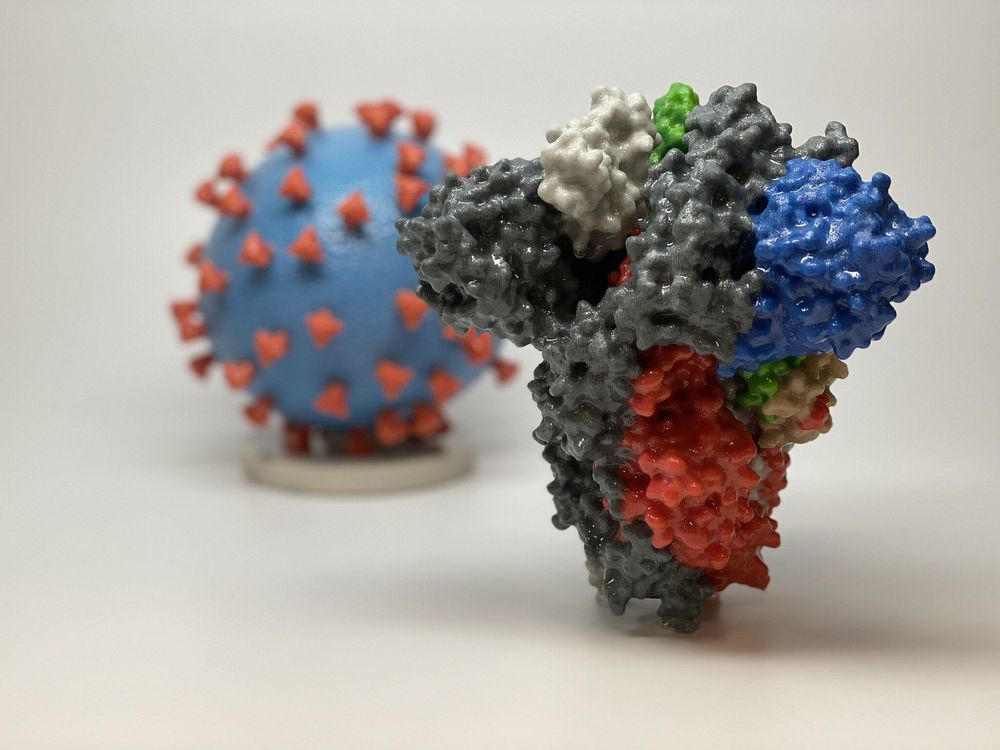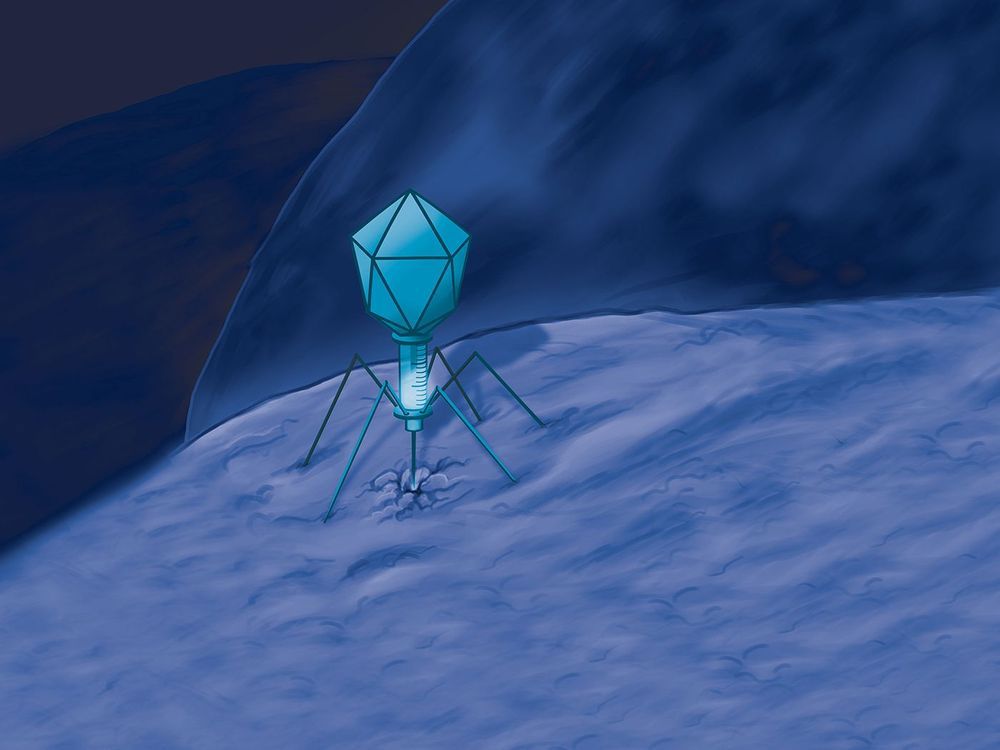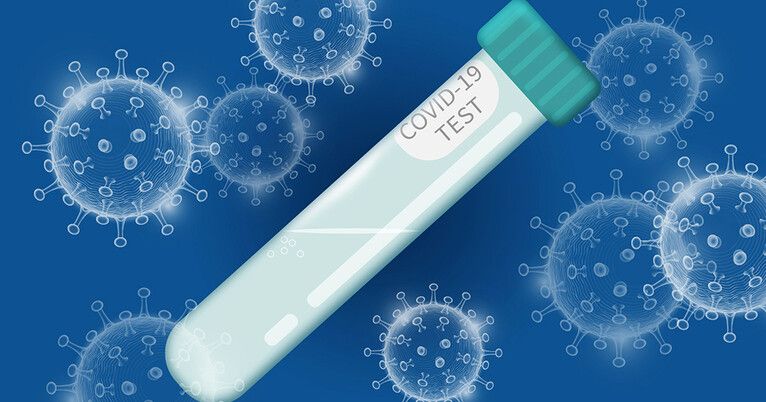Oak Ridge National Laboratory researchers have developed artificial intelligence software for powder bed 3D printers that assesses the quality of parts in real time, without the need for expensive characterization equipment.
The software, named Peregrine, supports the advanced manufacturing “digital thread” being developed at ORNL that collects and analyzes data through every step of the manufacturing process, from design to feedstock selection to the print build to material testing.
“Capturing that information creates a digital ‘clone’ for each part, providing a trove of data from the raw material to the operational component,” said Vincent Paquit, who leads advanced manufacturing data analytics research as part of ORNL’s Imaging, Signals and Machine Learning group. “We then use that data to qualify the part and to inform future builds across multiple part geometries and with multiple materials, achieving new levels of automation and manufacturing quality assurance.”







